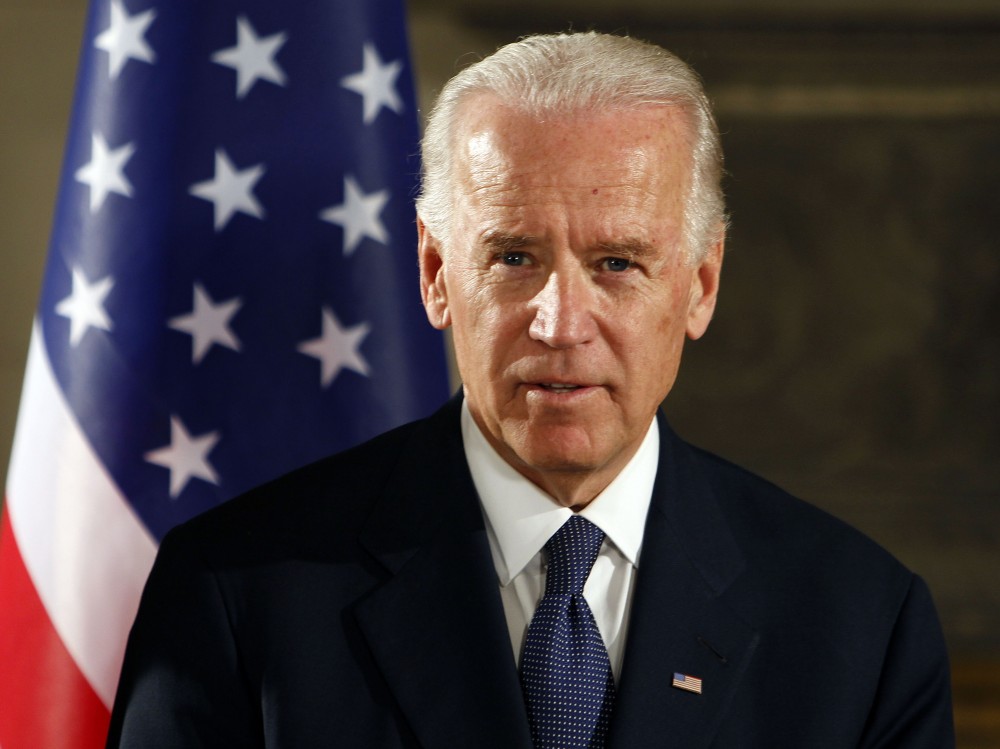Russia is attempting to capitalize on the Western desire for negotiations to create a dynamic in which Western officials feel pressed to make preemptive concessions to lure Russia to the negotiating table. Russian President Vladimir Putin held an hour-long telephone conversation with German Chancellor Olaf Scholz on December 2 in which Putin falsely stated that Western financial and military aid to Ukraine creates a situation in which the Ukrainian government outright rejects talks between Moscow and Kyiv and called upon Scholz to reconsider Germany’s approach regarding developments in Ukraine.
Scholz stated that any diplomatic solution to the conflict in Ukraine must include the withdrawal of Russian forces from Ukrainian territory.
The Putin-Scholz call corresponded with a diplomatic overture from US President Joe Biden on December 1 in which Biden stated that he is prepared to speak with Putin if the Russian president is looking for a way to end the war, although Biden acknowledged that he has no immediate plans to do so.
Kremlin Spokesperson Dmitry Peskov responded to Biden’s comments on December 2 stating that Biden seems to be demanding the removal of Russian forces from Ukraine as a precondition for negotiations and said that the “special military operation” would continue. Peskov added that America’s reluctance to recognize Russia’s illegal annexation of Ukrainian territories significantly complicates the search for common ground in possible negotiations.
Putin’s and Peskov’s statements regarding negotiations follow Russian Foreign Minister Sergei Lavrov’s December 1 comments in the context of a meeting of the Organization for Security and Co-operation in Europe (OSCE) repeating precisely the same demand the Kremlin had made of the US and NATO before the February 24 invasion. Lavrov said that Russian officials will be ready to talk with Western officials if the West shows its willingness to discuss the documents Russian officials proposed in December of 2021.
The Russian Foreign Ministry published a draft of its “security guarantees” demands of the US and NATO on December 17, 2021, which called for an expansive list of concessions on NATO and Western military actions in Europe, including, as ISW noted at the time, "a moratorium on NATO expansion, a revocation of the 2008 NATO Bucharest Summit Declaration that Ukraine and Georgia are eligible to become NATO members, a moratorium on establishing military bases on the territory of former Soviet and current non-NATO states, not deploying strike weapons near Russia, and rolling back NATO to its 1997 posture when the Russia–NATO Founding Act was signed.”
The Russian Foreign Ministry had issued a statement on February 17 threatening to take “military-technical measures” in response to the refusals by the US and NATO to negotiate on this basis—those military technical measures were the “special military operation” that began a week later.
ISW has previously assessed that Vladimir Putin’s rhetoric indicates that he is not interested in negotiating seriously with Ukraine and retains maximalist objectives for the war.
It is likely that Putin, Lavrov, and Peskov made these statements regarding negotiations to create a perception among Western officials that Russia needs to be lured to negotiate. The Kremlin likely intends to create a dynamic in which Western officials offer Russia preemptive concessions in hopes of convincing Russia to enter negotiations without requiring significant preliminary concessions of Russia in return. Putin’s, Lavrov’s, and Peskov’s statements highlight what some of those desired preemptive concessions may be: decreased Western financial and military aid to Ukraine, recognition of Russia’s illegal annexation of Ukrainian territory, and restrictions on NATO and Western military actions in Europe. The Kremlin has also kept its language about the subject of negotiations vague, likely in order to convince Western officials to begin negotiation processes without a clear definition of whether negotiations are in pursuit of a ceasefire, a peace process, or a final peace agreement.
Russia would benefit from a temporary agreement with Ukraine and Western countries that creates a pause in hostilities that allows Russia to strengthen the Russian Armed Forces for future military operations in pursuit of maximalist goals in Ukraine.
Putin has shown little interest in such a ceasefire, however, and the Kremlin continues to make demands that are tantamount to full Western surrender, suggesting that Putin remains focused on pursuing military victory.



